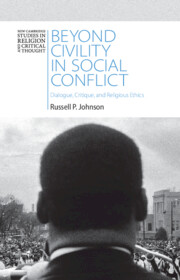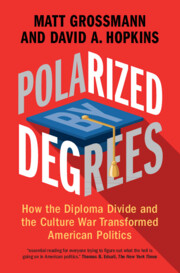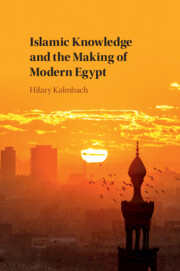Refine search
Actions for selected content:
12 results
8 - Sources of Division in the American Political Culture
- from Part III - Contemporary Divisions
-
- Book:
- Civil Religion and the Renewal of American Politics
- Published online:
- 09 October 2025
- Print publication:
- 23 October 2025, pp 157-180
-
- Chapter
- Export citation
4 - From Fringe to Mainstream
-
- Book:
- The Rise of the Russian Hawks
- Published online:
- 11 June 2025
- Print publication:
- 29 May 2025, pp 96-126
-
- Chapter
- Export citation
8 - Nationalist Passion, Economic Interest, and the Moral Economy of the Hungarian Civic Right: 2002–2010
- from Part II - Civil Society, Social Media, and Political Messaging
-
-
- Book:
- Global Challenges to Democracy
- Published online:
- 01 May 2025
- Print publication:
- 15 May 2025, pp 159-175
-
- Chapter
- Export citation
10 - A Conversion to the Right
- from Part II - A New Right? Ideational and Programmatic Change after the Left Turn
-
-
- Book:
- The Recasting of the Latin American Right
- Published online:
- 29 November 2024
- Print publication:
- 12 December 2024, pp 219-236
-
- Chapter
- Export citation

Beyond Civility in Social Conflict
- Dialogue, Critique, and Religious Ethics
-
- Published online:
- 08 November 2024
- Print publication:
- 27 June 2024

Polarized by Degrees
- How the Diploma Divide and the Culture War Transformed American Politics
-
- Published online:
- 05 September 2024
- Print publication:
- 05 September 2024
8 - Conclusion
-
- Book:
- Polarized by Degrees
- Published online:
- 05 September 2024
- Print publication:
- 05 September 2024, pp 279-303
-
- Chapter
- Export citation
2 - How Educated Liberals Are Winning the Culture War
-
- Book:
- Polarized by Degrees
- Published online:
- 05 September 2024
- Print publication:
- 05 September 2024, pp 33-75
-
- Chapter
- Export citation
2 - The Rules Are Broken: Dilemmas of Restraint in War and Social Conflict
-
- Book:
- Beyond Civility in Social Conflict
- Published online:
- 08 November 2024
- Print publication:
- 27 June 2024, pp 65-126
-
- Chapter
- Export citation
FROM BIGOTRY TO TOLERANCE - Who's the Bigot? Learning from Conflicts over Marriage and Civil Rights Law. By Linda C. McClain. Oxford: Oxford University Press, 2020. Pp. 304. $39.95 (cloth); $26.99 (digital). ISBN: 9780190877200.
-
- Journal:
- Journal of Law and Religion / Volume 36 / Issue 2 / August 2021
- Published online by Cambridge University Press:
- 26 August 2021, pp. 348-357
-
- Article
- Export citation
4 - Fighting over the Future of Egyptian National Culture, 1923–1952
-
- Book:
- Islamic Knowledge and the Making of Modern Egypt
- Published online:
- 02 October 2020
- Print publication:
- 22 October 2020, pp 164-205
-
- Chapter
- Export citation

Islamic Knowledge and the Making of Modern Egypt
-
- Published online:
- 02 October 2020
- Print publication:
- 22 October 2020
